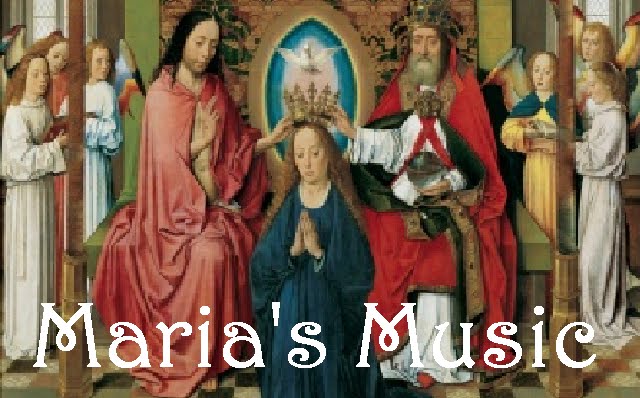I wrote this as part of a larger speech I am going to deliver on Jazz. I thought it came out pretty well:
The term free-jazz is frightening to most because we have been taught to believe that banging on cans with spoons can be legitimized under the term “free-jazz” but like all music free-jazz can be looked at objectively. You need to distinguish between good music and bad music, and then good music you like and bad music you like. The free-jazz of Ornette Coleman may repulse your ears but to say that it is bad music I would argue is ignorant. To say that banging on cans is good music is ridiculous. Free-jazz is only slightly different than what we have been calling jazz all along. Free jazz eliminates all structure to the music. But jazz has little structure in reality. The most structured jazz song will have a written melody and written chord changes that are strictly adhered to. Jazz musicians had been improvising melodic lines in their solos since it’s inception and Miles Davis almost eliminated chord changes for jazz with his modal expeditions in Kind of Blue. It was not a great leap to decide to compose the melody of the tune on the spot and establish the tonality as the solo saw fit. Really the free-jazz musician is doing what any classical composer does, but while it took Beethoven 6 years to write his 9th symphony free jazz musicians compose instantly. It may seem like I’m downplaying free-jazz but in reality this was a huge step in jazz. You could play whatever you wanted to, whatever you heard going on in your head instantly. The freedom from convention that John Coltrane sought came to complete fruition. Yet this didn’t come without flaws as every great innovation does. The folks who were still listening to jazz lost the ability to say what was good and what wasn’t. Bad music was hailed as revolutionary because it was new. Even more distressing, iconic figures enjoyed instant popularity of every work they put their name on, no matter what it’s quality. Once again jazz became comic this time through Ornette Coleman. No doubt his music was revolutionary. His “The Shape Of Jazz To Come” is a landmark album in jazz. But unfortunately after that everything he layed his name to was hailed as genius. The Bad Plus, a popular jazz group today posted a piece about an Ornette Coleman chord change that encompassed all 12 musical notes, but in reality there was no A; only 11 notes were there. This lead to the response, “maybe this is a sly commentary on Ornette's essence - like, he doesn't need all 12 tones to actually have 12 tones?”. When Ornette decided to pick up a trumpet and violin and do what any parent of a 5 year old would call make noise but what jazz critics called genius one has to wonder. In another humorous yet ridiculous plot Ornette threatened the admittedly promiscuous women who hung out in jazz clubs at the time saying he would castrate himself if they did not leave him alone. He never did, but to seriously make such a claim necessitates mental instability.
Free Jazz
December 07, 2008 | |
Subscribe to:
Post Comments (Atom)

1 comments:
I love crazy things like free jazz. It's funny how people can listen to pop music about 'stickin it to the man' or 'beating the system' but when someone beats the tonality system they freak out (my brother for example...) I'm amazed at the virtuosity of players like that- to know an instrument so well that you can just speak- or I guess- sing through it- whatever you please. What a talent!
I'm also endlessly amazed at how people can just learn about things like this if they're interested. Isn't that what they did in the old days anyway? I mean people didn't always go to school- they just studied things. Years of schooling can't make up for a spark of interest in something and the guts to explore it.
Post a Comment